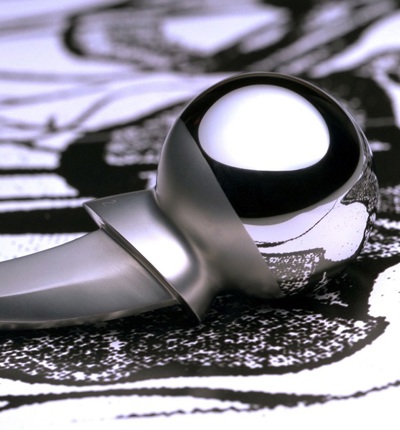
Leading medical devices lawyer calls for 'Nordic style' compensation scheme for patients
Lawyer calls for 'Nordic style' no-fault based compensation scheme in the UK funded by manufacturers of defective medical devices following #implantfiles revelations
Posted on 26 November 2018
Leading medical devices lawyers have called on the Government to create a ‘Nordic style’ no-fault based compensation scheme funded by manufacturers for those injured by defective medical devices, following revelations by leading media organisations across the world into the use of unsafe and inadequately tested implantable medical devices on patients.
In Nordic countries a Manufacture Levy Scheme is used to resource a centralised Medical Devices and Pharmaceutical Injuries Compensation Scheme.
Bozena Michalowska, head of the product safety team at law firm Leigh Day and the lead lawyer in the recent pinnacle hips trial, has called on the Government to also widen the current Independent Medicines and Medical Safety Review (IMMS Review) led by Baroness Cumberledge to accommodate fresh allegations from the investigation conducted by the International Consortium of Investigative Journalists (ICIJ) and 58 media organisations around the world.
The investigation has exposed the extensive usage in the UK of unsafe implantable devices ranging from, cosmetic breast implants, through to implantable female sterilisation devices – such as Essure, to cardiac pacemakers – such as the Nanostim Leadless pacemaker manufactured by St Jude Medical.
Boz Michalowska said, “The medical device industry revenue is in the billions, yet it is the patients that bear the burden of the risk when, in the rush to get a product to market, a device is not fully and properly tested.
“The Government should look to the scheme currently in place in Nordic countries, which is funded by manufacturers who pay a levy in order to access Nordic markets for their products. Any patient injured by a medical product, cleared for sale within Nordic markets, can seek compensation directly through the scheme at the expense of the manufacturer who has profited from the sale of the product, rather than cost to the taxpayer.
“It should not be necessary for campaigning patients and lawyers to have to drag deep-pocketed multinational device and pharma manufacturers through the courts to get any form of redress.”
In February 2018, the Secretary of State for Health and Social Care, Jeremy Hunt MP, announced a review into how the health system responds to reports from patients about harmful side effects from medicines and medical devices.
The Independent Medicines and Medical Devices Safety Review follows patient-led campaigns on the use of the hormone pregnancy test Primidos, anti-epileptic drug sodium valproate and surgical mesh. The review will, consider whether as a priority a wider system of redress, including forms of care and support, should be developed.
The Review may make recommendations on forms of redress, including recommendations as to whether there is a moral, social or ethical responsibility to consider a system of compensation.
Ms Michalowska said: “We call on the government to widen the IMMDS review to fully accommodate these fresh revelations.”

